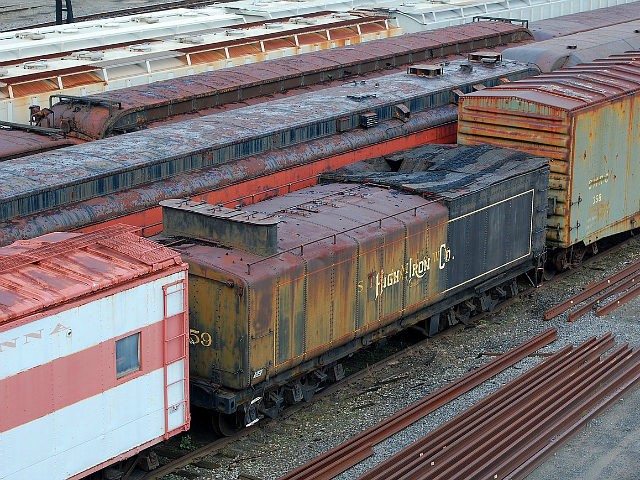Dozens of train cars carrying ten million pounds of human feces are still sitting in an Alabama train yard after several months, and residents are making a big stink about it.
Residents of Parrish, the town of 982 people that houses the rail yard, say the rotting waste is making their town smell like rotting animal carcasses.
“It smells like a rotting carcass. It smells like death. If it’s warmer, it’s worse; if it’s high humidity, it’s bad,” Heather Hall, Parrish’s mayor, told Newsweek on Wednesday morning. “These train cars are right across the street from homes, it’s right next door to a baseball field and a softball field.”
“We’ve plotted on a map, and when the smell starts to spread, it encompasses about two thirds of the town. The town is two square miles,” she said.
The town and the state of Alabama are not even the ones responsible for the waste. Several waste management facilities in New York and New Jersey have been shipping the biological waste to Big Sky Environmental, a landfill service based out of Adamsville.
But in January, the nearby town of West Jefferson filed a lawsuit against Big Sky to get them to stop using their rail yard to store human waste.
West Jefferson succeeded in getting the waste moved from their rail yard, but that meant the town of Parrish got stuck with it instead. Parrish has no zoning laws on storing waste, so the company moved its truckloads of poop there.
When Hall initially contacted Big Sky, the company told her it would take seven to ten days to move the train cars out. Two months later, the waste-filled cars are still sitting in the Parrish train yard.
The Environmental Protection Agency and Alabama’s Department of Environmental Management said that the waste is not dangerous because it is not raw sewage, but Hall says the waste is downgrading the area.
“People need to understand that this waste does not need to be in a populated area,” Hall said. “There are places to put it, industrial places. We’re a very small town caught in the middle of this, and I feel like that’s part of the issue here. This shouldn’t be happening.”

COMMENTS
Please let us know if you're having issues with commenting.